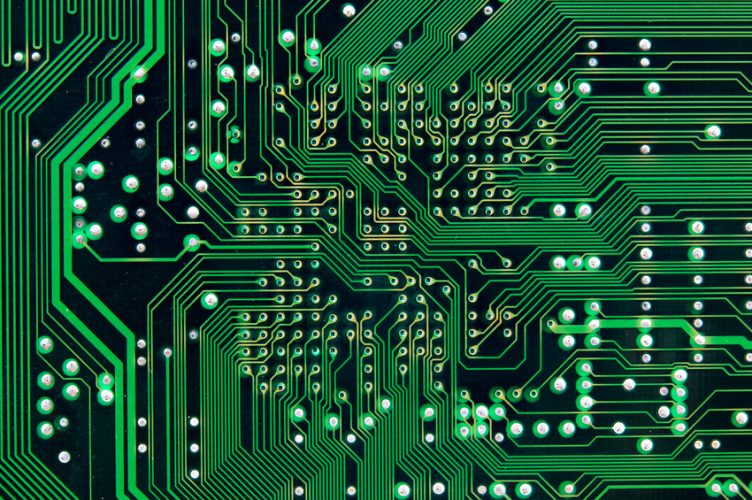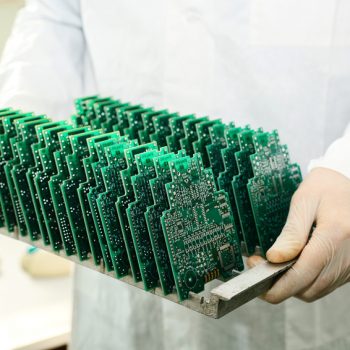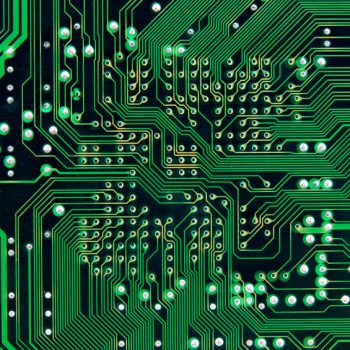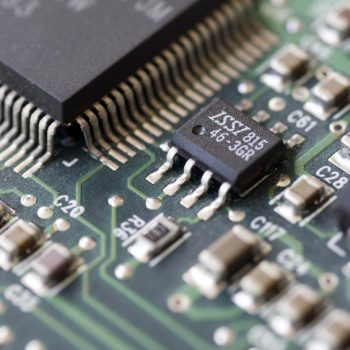We all know that prototype printed circuit boards are quite complex, as they have a variety of uses and sizes depending on what they are used for. But one thing is for sure, and that is there will always be different components as part of the PCB assembly. Getting all these small pieces straight can be a bit complex, so here we break down the most common components and their uses.
Resistors
These little pieces are used to resist the current in your board, and you will use them as a way to control the different voltages on your board. Think of it this way, there are many different types of components that can go on your board and they all have their own voltage and current. With all of these combined, your printed circuit board prototype will short-circuit in just a matter of time, thus the need for a resistor to keep everything controlled.
Capacitor
Typically, capacitors are used to introduce time-delay in a circuit. Sometimes, time-delays are needed as a way to make the board more stable, meaning it will cut down on everything running at once. Considering that a typical board is two to four layers, with no drill holes less than 10 mils in diameter with a 5 mil minimum for air gaps and trace widths, there is a lot running in every layer of every board. A capacitor makes sure things run to capacity, and nothing more to ensure to the board doesn’t overheat.
Transistor
A transistor is easily understood as a switch that is controlled by an electric signal. It is used to control the current that goes through its base, and it will redirect currents based on their size to where they are needed on the prototype PCB.
Integrated Circuit
This component is simply a larger electronic circuit that has been shrunk to fit into a smaller chip in order to save space. These are quite versatile and can be anything from an amplifier, a USB chip, to a converter.
These four different components serve as the basis for the multitude of components one can find in the world of printed circuit board prototypes. If you are interested in learning more, contact PCB unlimited today.










